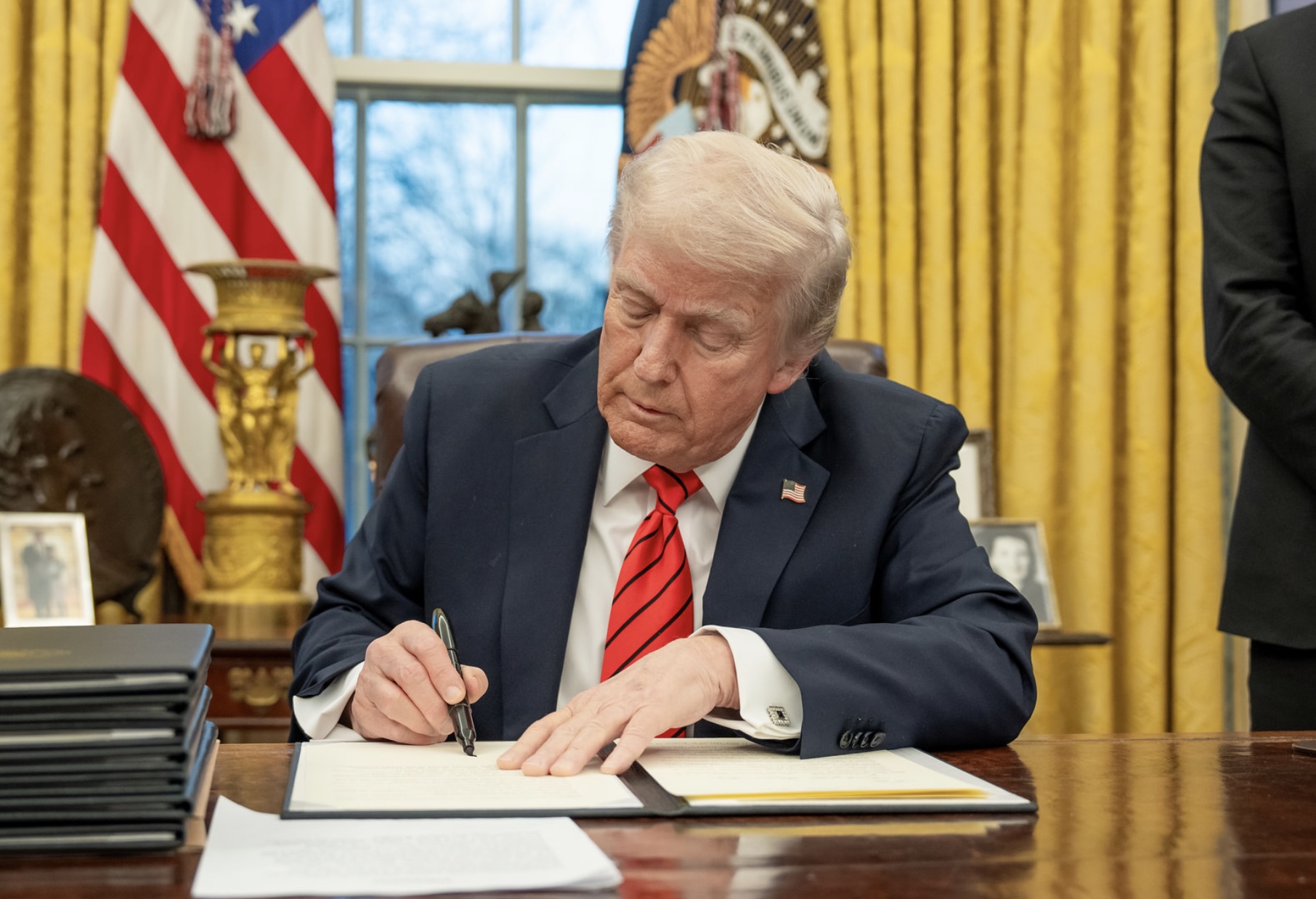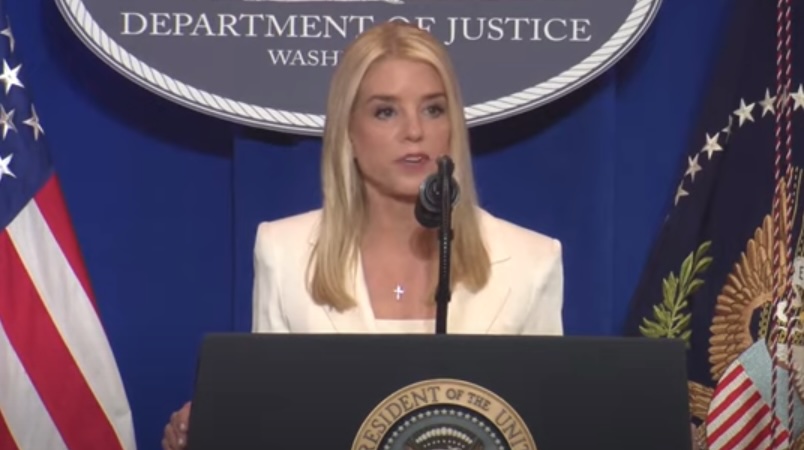BRICS, the emerging global alliance–what does it mean for America?
PRAY FIRST for God to direct our president, Secretary of State, U.S. Ambassadors, and all who navigate the complex issues of foreign policy, international trade, and work to balance global economic relations with other world leaders.
Blessed is the one who finds wisdom, and the one who gets understanding. Proverbs 3:13
The global balance of power could be shifting, and BRICS—an alliance comprising of Brazil, Russia, India, China, and South Africa—is at the center of this transformation. Formed in 2006, BRICS emerged as a response to perceived Western dominance in global financial and political systems. With its stated goals of fostering economic growth, reducing inequality, and promoting multilateralism, BRICS has captured the world’s attention.
What Is BRICS?
The founders of BRICS say it was established to address a growing dissatisfaction among emerging economies with Western-focused institutions such as the International Monetary Fund (IMF) and the World Bank. These institutions were seen as prioritizing the interests of developed nations, often at the expense of the Global South. BRICS’s mission was to create an alternative platform where member nations could collaborate on economic development and international trade without Western oversight.
Each BRICS member brings a unique strength to the table: Brazil’s agricultural skill, Russia’s energy resources, India’s technology and workforce, China’s manufacturing capabilities, and South Africa’s role as a gateway to Africa. Together, these nations represent over 40 percent of the global population and approximately a quarter of the world’s GDP.
One of the main goals of BRICS is to reduce global reliance on the U.S. dollar and establishing a multipolar global order. Yet its progress has been uneven. Economic disparities and political tensions among member states often pose challenges to unified decision-making. Additionally, some of its policies are seen intentionally antagonistic or globally destabilizing.
BRICS in the Context of Global Foreign Policy
Foreign policy involves strategic interactions between nations, often shaped by economic, political, and security interests. BRICS seeks to challenge existing global power structures while complementing or, at times, opposing institutions like the IMF, World Trade Organization (WTO), and World Bank.
For instance, the New Development Bank (NDB), established by BRICS in 2014, offers an alternative to the World Bank for financing infrastructure projects. This shift highlights BRICS’s desire to reduce dependency on Western-led institutions and provide developing nations with greater autonomy.
However, questions remain about BRICS’s ability to encourage unity among its members, given their diverse political systems and economic priorities. For example, while China and India are key players, their border disputes have led to periodic tensions. Such challenges underscore the complexities of maintaining cohesion within a bloc of nations with varying interests.
What Does BRICS Mean for the U.S. and the Global Economy?
The rise of BRICS carries significant implications for the U.S. and the global economy. One major concern is the potential effort to undermine the U.S. dollar as the world’s reserve currency. BRICS has explored creating a new currency for trade among its members, aiming to reduce dependence on the dollar. If successful, this could weaken the U.S.’s economic influence globally.
Also, BRICS nations are key players in global trade. As they deepen economic ties with each other and non-member countries, the U.S. could face increased competition in key markets. This shift could impact American businesses, particularly those reliant on exports.
On the contrary, BRICS’s rise also presents opportunities for collaboration. The U.S. could engage with BRICS to address shared challenges like maintaining natural resources, renewable energy, global health crises, and infrastructure development. Diplomatic partnerships may provide a pathway to mutual benefits, even amidst geopolitical rivalries.
This isn’t the first time the U.S. and the dollar have faced challenges to its currency. For example, the European Union’s adoption of the euro posed a significant shift in global trade dynamics. Similarly, BRICS’s push for a new trade currency echoes past challenges but also reflects a growing desire for a multipolar world financial structure.
A more robust BRICS alliance could lead to a multi-centered world, where power is distributed among multiple nations rather than dominated by a single country or bloc. This shift could nurture greater global stability by ensuring that no one nation holds disproportionate influence. However, it also risks deepening divisions if BRICS nations align against Western nations.
For developing countries outside of BRICS, the alliance offers both hope and uncertainty. On one hand, BRICS’s emphasis on reducing inequality and promoting development could inspire similar initiatives globally. In contrast, the bloc’s focus on internal cohesion might limit its outreach to non-members.
The U.S. Response to BRICS
The U.S. has responded to BRICS’s rise with a mix of caution and engagement. Attempts at diplomacy remain an essential component of U.S. foreign policy, with efforts to strengthen alliances and maintain its leadership role in global institutions. Trade agreements and economic reforms are also tools the U.S. employs to adapt to a changing geopolitical landscape.
Nevertheless, maintaining global leadership requires balancing domestic priorities with international responsibilities. Policymakers face the challenge of addressing economic inequalities at home while navigating a competitive global environment.
Since taking office, President Trump has weighed in and cautioned BRICS countries from moving away from the U.S. dollar and that any country that tries will face still tariffs. He continues to take a strong stance to maintain the U.S. dollar’s role in global trade.
Why It Matters and How We Can Respond
Understanding global alliances like BRICS matters because these developments shape the world we are called to serve. Proverbs 4:7 reminds us, “The beginning of wisdom is this: Get wisdom, and whatever you get, get insight.” By cultivating wisdom and discernment, we can thoughtfully engage with global challenges in a way that reflects God’s desire for harmony, integrity, and faithful stewardship of His creation.
BRICS also reminds us of the interconnectedness of nations and the importance of stewardship. As Christians, we have a unique opportunity to pray for impartial solutions that spread the gospel and share the message of Jesus Christ with all people. These alliances also challenge us to consider how our prayers and actions can support global collaboration that benefits all.
We must remember to seek godly knowledge and act thoughtfully. Educating ourselves on global economics and alliances allows us to discern how policies impact people. Thoughtful advocacy rooted in biblical values—like caring for the poor and fostering cooperation—can guide us in responding constructively.
Let us also pray for Global Peace and Fairness. Lift up leaders worldwide in prayer, asking God to grant them wisdom, humility, and discernment. Let’s pray that their decisions would create opportunities for shared growth and reduced inequality while upholding the common good.
And lastly, build relationships with people who are different than us to better reach others. As ambassadors of Christ, we can model reconciliation by nurturing understanding between diverse communities.
HOW THEN SHOULD WE PRAY:
— Pray for the Lord to guide the U.S. leaders and the leaders of BRICS nations to seek to collaborate instead of engaging in conflict and for their actions to promote peace and success for all people. If possible, so far as it depends on you, live peaceably with all. Romans 12:18
— Pray for those in the federal government to seek God’s wisdom as they set and create monetary policies that work for the betterment of the nation. He has told you, O man, what is good; and what does the Lord require of you but to do justice, and to love kindness, and to walk humbly with your God? Micah 6:8
CONSIDER THESE ITEMS FOR PRAYER:
- Pray for the president and all who hold office to seek God’s will in how America interacts with global politics.
- Pray for God to be at work in and through all those who serve our nation.
- Pray for those in federal offices who work directly and closely with foreign leaders and officials.
- Pray for God to make known clearly the path of good stewardship of our nation’s resources.
Sources: Congressional Research Service, International Monetary Fund, World Trade Organization, New Development Bank









